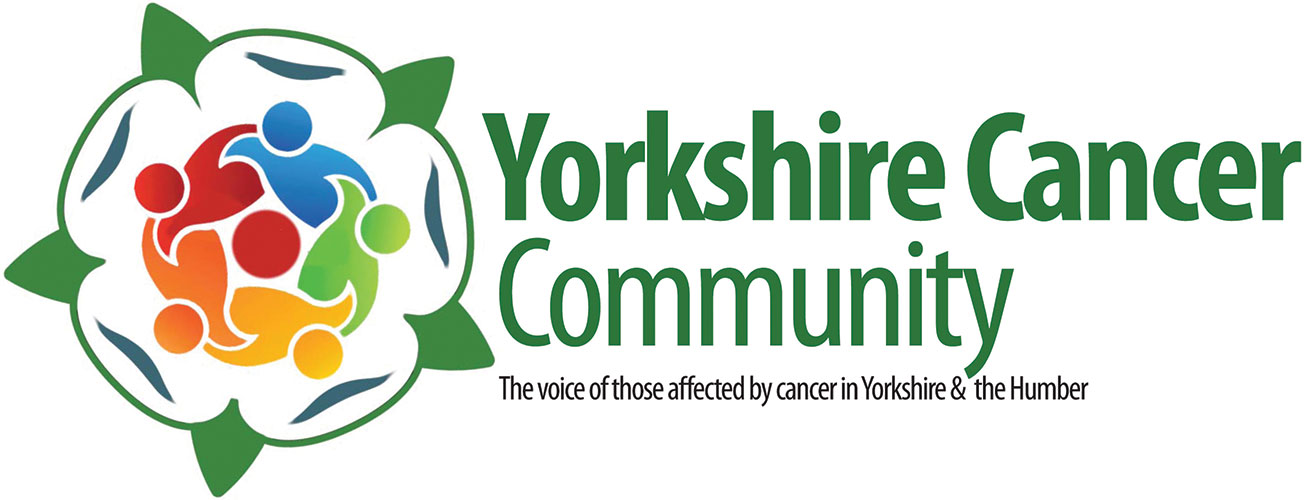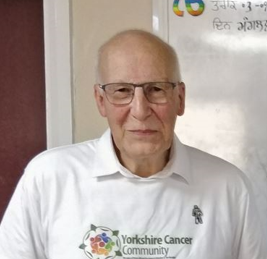This is my journey with prostate cancer, detailing how I transformed from a retired individual leading a quiet, unremarkable life into a passionate cancer advocate. My current role is not a result of what went well during my cancer journey, but rather what went awry and how it impacted me.
In early autumn 2022, I experienced issues with my stomach, bowel, and lower back pain. After consulting my GP, I soon found myself in front of a urology specialist who diagnosed me with T4 prostate cancer, high-volume disease with perineal invasion.
I was promptly prescribed hormone therapy and agreed to participate in the STAMPEDE trial. It was recommended that I undergo chemotherapy before starting radiotherapy. The six cycles of docetaxel chemotherapy felt like a blindfolded rollercoaster ride, completely different from my expectations. After a brief hiatus, I began my 20 sessions of radiotherapy at Saint James’s in Leeds. Each appointment was exhausting, requiring one to two hours, along with an hour of travel there and back. As I neared the end of my radiotherapy, I felt a surge of elation, anticipating the return of my normal life after six months of treatment. Little did I know how drastically my life was about to change for the worse.
The STAMPEDE Trial Nurse contacted me to schedule a blood test related to the trial. I went for the test on Tuesday, and when the nurse reviewed it with me on Friday, she noted that my blood platelets were low. She intended to consult Dr. Hoffman and would call me back. When she did, she asked if I could go to Huddersfield Royal Infirmary for another test, which I agreed to. My platelet count had dropped from 21 on Tuesday to 11 by Friday. At that moment, I had little understanding of blood platelets or their significance.
On Saturday, I received my first platelet transfusion, and it dawned on me that this was an immediate concern, especially since I live alone without family. This marked the beginning of my darkest weeks, as hopes of regaining a normal life evaporated. My days became filled with blood tests, waiting, and transfusions. There seemed to be no one in control, and I received conflicting messages from various sources. I never had the chance to speak directly with those making crucial decisions, leading to a very stressful period where my inner frustration grew, making rational expression nearly impossible.
A heartfelt conversation with Mandy and Helen from the Macmillan Cancer Support Service led to Dr. Hoffman stepping in to take charge of my care. She referred me for counselling through the cancer clinical psychology service to address my anger, and I eventually met with Dr. Somerfeld, a haematology consultant. After receiving an immunoglobulin transfusion, my platelets rose into the 90s, but they continued to decline. I underwent a bone marrow biopsy and pelvic bone sample and was prescribed Eltrombopag, which I still take today.
By my next appointment with Dr. Hoffman at the end of September, I found it difficult to walk more than a few hundred yards without feeling breathless. More tests followed, including an echocardiogram, CT pulmonary angiogram, and additional blood tests.
Now, not only was I dealing with prostate cancer and low blood platelets, but I also faced potential heart and lung issues. Fortunately, these tests returned negative results, and Dr. Hoffman suggested that my symptoms were likely due to loss of upper body muscle mass from the hormone therapy and lack of exercise in previous weeks. She encouraged me to start going to the gym, which I did and continue to do. Around this time, I also began counselling sessions that proved to be incredibly beneficial. By the end of 2022, my situation was improving; my PSA level was at 0.01, and my blood platelets were slowly rising in the mid-30s.
During the first half of 2023, I spent significant time reflecting on my diagnosis and researching prostate cancer. I grew to understand the severity of my situation, realizing that the blood test for the STAMPEDE trial possibly saved my life. I was immensely grateful for the support from Macmillan during my darkest moments and felt a desire to give back by volunteering with them. However, it took my foundation trust five months to process my application. Once I began, I found the experience more stressful than fulfilling, as the focus seemed to be on limitations rather than possibilities, with trust policies stifling new ideas.
Then, Jill Long from the Yorkshire Cancer Community spoke at the Macmillan Men’s Support Group, and I recognized that here was a charity willing to innovate and be proactive. After reaching out to Jill, I became one of their cancer champions. At a Firm Roots retreat day, I decided that my role with Macmillan wasn’t the right fit for me. It was during this retreat that I began to formulate a new plan, which included volunteering for Prostate Cancer UK and developing personal ideas to support those affected by cancer.
While I pursued the first two, my personal ideas took a backseat when Jill invited me to collaborate with Phil James on what has become the “Don’t Be The One” campaign, aimed at raising awareness of prostate cancer risks among black men. In just a few months, our small group of mostly volunteers, with minimal funding, turned our idea into a reality. The campaign had a successful launch in Huddersfield in October and we plan to start an associated support group early in 2025. You could call Huddersfield a pilot because we have ambitions to take “Don’t Be The One” to other towns in Yorkshire.
We sought to connect and involve as many people and organizations as possible, including Prostate Cancer UK and Tackle Prostate Cancer. We were thrilled to have Dr. Ahmad and the Grange Medical Practice enthusiastically join our efforts. The practice are taking health and well-being into the community. We’ve participated in three events organized by them, and Dr. Ahmad spoke at the launch of Don’t Be The One. Private companies have also generously provided resources at no cost. Unfortunately, we’ve encountered reluctance from some health bodies and influential individuals in the health and cancer sectors to engage with us.
After treatment, I learned that care should transition back to primary care; however, this doesn’t seem to be happening. Many, including myself, only hear from primary care when we reach out. Support for people living with cancer appears to be a low priority for many. I envision a dedicated cancer community hub in Huddersfield, where support groups could gather, classes could be offered, and individuals could connect with others who understand the impact of living with cancer. This is an ambitious idea, but I refuse to give up on it.
Additionally, I serve as an ambassador for the Huddersfield 5K Your Way Move Against Cancer, which encourages exercise and socialization for those living with cancer. Yet, I am disheartened by the lack of promotion for this initiative.
If we can encourage even one person to attend a support group, even if it’s not for them, having a centralized hub would allow them to easily discover other events of interest. I’ve noticed that newcomers to support groups often explore additional groups when informed about them. Although many activities exist, raising awareness about them remains a challenge that needs a solution. This is my journey from a quiet retirement to becoming a cancer advocate. My story is not one of successes; it is about the chaos that unfolded when everything went wrong.
I thank you for listening to my story. I am passionate about making a difference rather than just talking about making a difference. I respect your right to disagree with me, but it doesn’t make my opinion any less valid. One thing I have learnt is you need to advocate for yourself, have someone to do it for you or the system can crush you.

